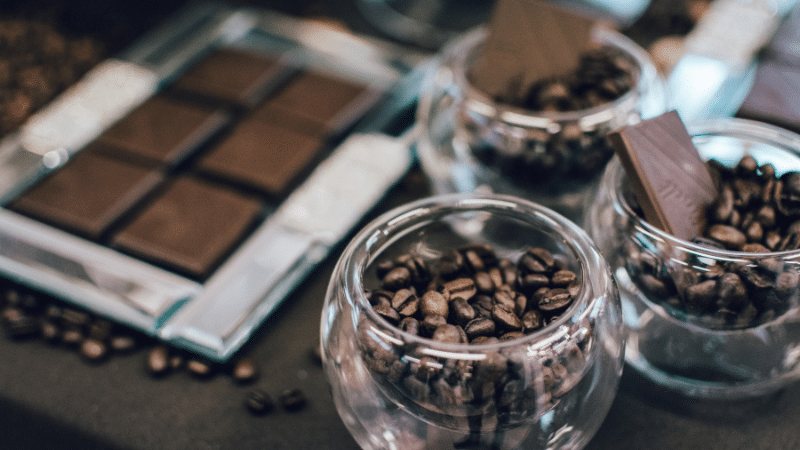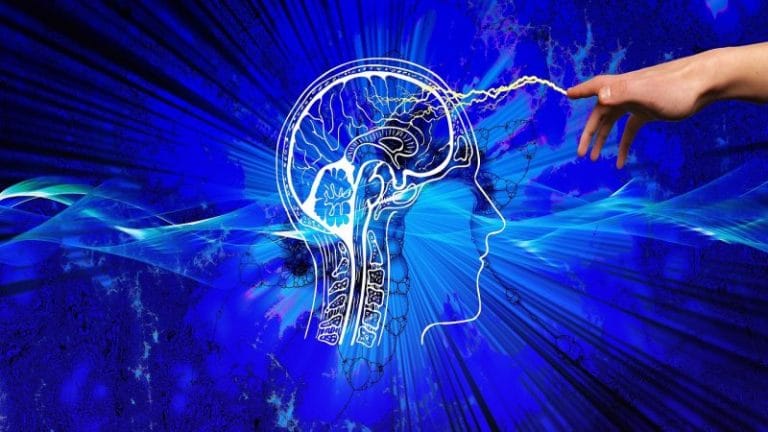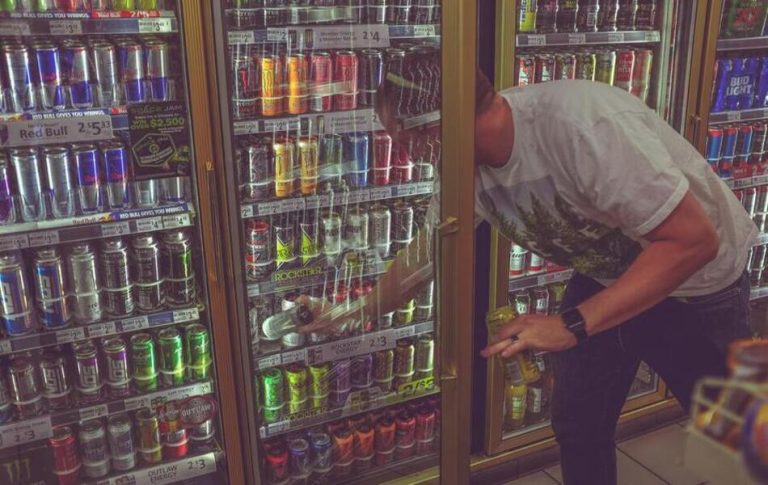Does Chocolate Have Caffeine?

If you’ve ever felt a spike in your energy levels after eating chocolate, you might have asked yourself, “does chocolate have caffeine?” While chocolate has caffeine, this is relatively minimal, and it depends on the type of chocolate. If you want to know more about different chocolate caffeine levels and how they may affect you, keep scrolling!
How Much Caffeine Is There in Chocolate?
While everyone knows there’s caffeine in coffee, not everyone knows that chocolate can also contain this stimulant. As with coffee, the amount of caffeine in chocolate varies significantly from one type to another. This mostly depends on the cacao caffeine content in chocolate, but it can also differ from country to country.
So, how much caffeine is in a chocolate bar? Due to the above-mentioned factors, the answer to this question can vary greatly. The darker the chocolate is, the more caffeine it contains. But, if you choose a white chocolate bar, you shouldn’t expect caffeine. So, does milk chocolate have caffeine? Yes, it does. According to the USDA:
- Dark chocolate (70 to 85% cacao solids) has 22.7mg of caffeine per 1oz
- Dark chocolate (45 to 59% cacao solids) has 12.2mg of caffeine per 1oz
- Semisweet chocolate has 17.6mg of caffeine per 1oz
- Milk chocolate has 5.6mg of caffeine per 1oz
- White chocolate has no caffeine
Even though three’s no recommended daily intake for caffeine, researchers believe healthy adults are consuming high levels of caffeine if they’re downing 400mg or more a day. Moreover, they also recommend pregnant women stay below 200mg a day, although some say even 300mg a day is okay.
Caffeine in Chocolate Compared to Other Sources
You might be curious about caffeine in chocolate vs. coffee or other foods and beverages. Generally, the amount of caffeine in chocolate is almost always lower than in other foods and drinks. Here’s a caffeine content breakdown in the most popular caffeinated drinks for comparison:
- Coffee: around 95mg of caffeine per 8oz
- Espresso shot: about 63mg of caffeine per 1oz
- Black tea: about 47mg of caffeine per cup (depending on the brew strength)
- Green tea: about 29mg of caffeine per cup (depending on the brew strength)
- Coke: about 33mg of caffeine per 12oz can
Amount of Caffeine in Other Chocolate Foods
The link between chocolate and caffeine goes beyond simple chocolate bars since many other chocolate foods contain it. The most notable ones include:
- Cocoa powder: 230mg caffeine per 3.5oz (12.3mg caffeine per tablespoon)
- Chocolate cake with chocolate frosting: 6mg caffeine per 3.5oz
- Chocolate pudding cup: 2mg caffeine per 3.5oz
- Chocolate chip cookie: 11mg caffeine per 3.5oz
- Chocolate ice cream: 3mg caffeine per 3.5oz
- Chocolate whole milk: 1mg caffeine per 3.5oz
What Kind of Effects Can Caffeine in Chocolate Have?
Whether caffeine from chocolate will affect you depends solely on you. Regular coffee drinkers usually don’t feel any effects since coffee has much higher amounts of caffeine, but people sensitive to caffeine may react to even the smallest quantities.
Does Chocolate Disrupt Your Sleep?
Since most chocolate contains caffeine, it’ll most likely affect your sleep. You probably shouldn’t consume it close to your bedtime since caffeine can stay in your system for up to six hours. However, if you need to satisfy your sweet tooth but don’t want to lose sleep over it, there are some decaf chocolate options, or you could go for white chocolate, which has no caffeine.
Other Effects of Chocolate Caffeine
An increase in your energy levels will be the most notable effect of chocolate caffeine. That doesn’t mean that it would be the only one you can expect. Chocolate with caffeine can affect you in multiple ways, such as:
- increasing your alertness
- improving your mood
- enhancing your focus
Theobromine and Energy Levels
Besides caffeine, chocolate also contains theobromine that affects your central nervous system and energy levels. It’s a much milder stimulant, but it’s present in chocolate at higher levels than caffeine. Theobromine gives dark chocolate its signature taste, and any chocolate with caffeine contains it.
It will impact you in several ways. Alongside increasing your energy levels, it’ll make you feel more alert and improve your mood.
It’s also been suggested that theobromine has anti-inflammatory qualities and could restrict tumor growth. However, it can also harm your health, so you’ll need to make sure you don’t eat too much of it, as you may experience insomnia if you’re sensitive to caffeine. Knowing the amount of caffeine in dark chocolate, among other types, will be vital for this.
The Bottom Line
Does chocolate have caffeine? It does, but this will come in varying amounts. Dark chocolate will have noticeably more caffeine than milk chocolate. White chocolate, on the other hand, has no caffeine. The amount of caffeine in chocolate can be felt in different ways. While it may lift your mood and energy levels, it could also cause sleep issues, so we recommend you keep this in mind before you take a bite of that cocoa deliciousness.
FAQs
Can you feel caffeine from chocolate?
That depends on the amount of chocolate you eat, alongside its type. If you go for decaf or white chocolate, you shouldn’t feel anything. On the other hand, if you eat dark chocolate, you might feel an energy spike or even experience trouble falling asleep if you eat it too close to your bedtime.
Is any chocolate caffeine-free?
You might be surprised that there is caffeine-free chocolate, but it doesn’t contain cocoa. While chocolate with no caffeine isn’t chocolate in the strictest sense, it could pass for it in many ways and is still very delicious.
Does chocolate keep you awake?
The main question here is, does chocolate have caffeine? If the answer is yes, then your chances of staying awake long after you’ve munched on your favorite chocolate bar are high. However, whether the caffeine in chocolate will keep you awake at night depends on several things: your body’s sensitivity to caffeine and the time you ate the chocolate. If you’re overly sensitive to caffeine or eat chocolate close to your bedtime, you might struggle to fall asleep.






